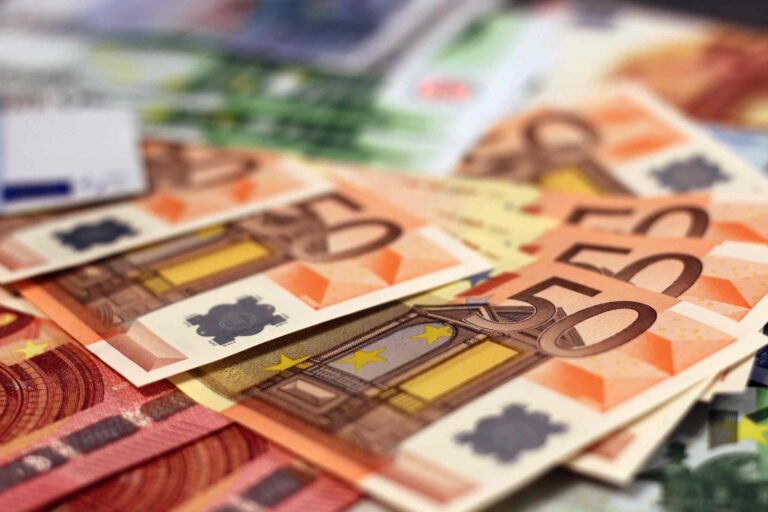Financial instruments are a specific category of financial products aimed at investments of a financial nature. They can be handled only by qualified intermediaries.
The definition is very broad and includes a list of instruments that can be updated by the legislature. The most effective way to answer the question “what are financial instruments?” is therefore a list.
First of all, let’s see what financial instruments are not. It excludes payment instruments (such as cash, credit cards, and checks) and also some products, such as current accounts, that do not have investment as their purpose.
Therefore, there is not a strict definition but the perimeter of financial instruments can be drawn with a precise list consisting of several types, many of which include different instruments. What are the most common ones?
Table of Contents
Main financial instruments: stocks, bonds, funds
Financial instruments include shares, that is, securities that confer ownership of a company share and rights (different depending on the type of shares) vis-à-vis the company. By definition, shares constitute risk capital. It means that there is no guarantee of return on investment.
Another popular instrument are bonds, used by states and companies to raise cash in exchange for a return. Again, with some differences depending on the type of bond. As always, one should not speak of zero risk (which does not exist), but of lower average risk than stocks.
The most important difference, in fact, lies not so much in the security of having a return but in the basic mechanism. Bonds offer predetermined conditions at the outset, both in terms of yield and maturity.
Also well known are mutual fund and ETF shares. Savers acquire a share in a fund, administered by a management company. By the same logic, ETF shares are also financial instruments, increasingly used.
Derivative financial instruments: futures, swaps, options
Stocks, bonds, and funds are fairly well-known, but the range of financial instruments certainly does not stop there. There are many others, used for multiple purposes, from portfolio rebalancing to speculation.
Financial instruments are those securities traded in the money market. That is, they essentially invest on the rise or fall of a particular currency or basket of currencies.
Although less well known-especially in their technicalities-it is very likely that an average saver has heard of futures, swaps, and options at least once.
Futures are contracts in which the buyer agrees to buy a specified amount of an asset (called the underlying) on a predefined date and at a predefined price. Thus, futures are instruments that attempt to predict and anticipate future rises or falls.
Swaps are contracts in which the counterparties exchange cash flows, more precisely the difference between their respective trades under predetermined conditions.
Options are financial instruments that give the right to buy (“call” option) or sell (“put” option) an asset at a given maturity and at a fixed price.
Futures, swaps and options are all derivative instruments that can relate to other ones, currencies, commodities, indices.
Read also: Regulated and unregulated markets: what they are and their differences












